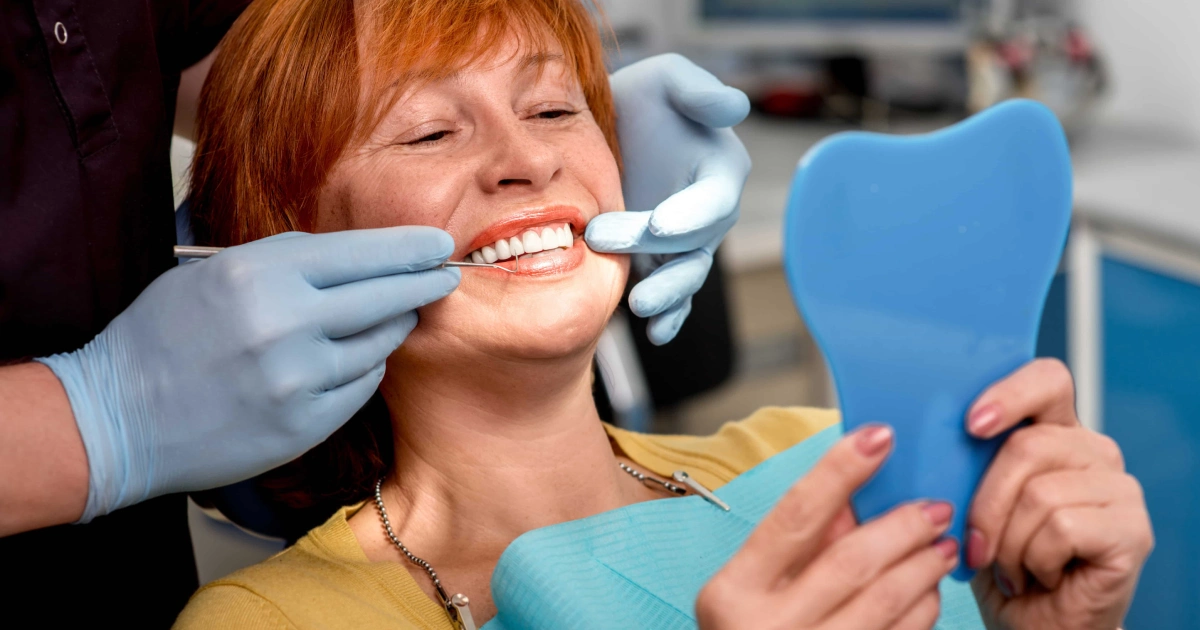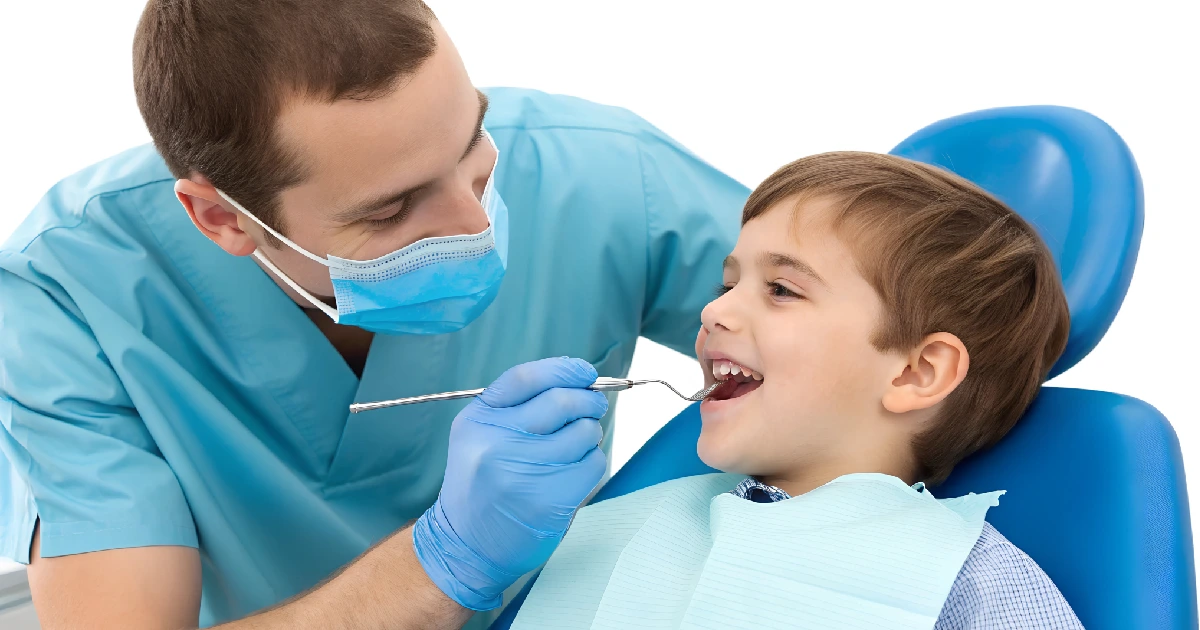As many of you have heard, the Associated Press recently reported that the federal government removed the recommendation to floss from its dietary guidelines. This guideline had been included in their recommendations since 1979. Many of you are surely wondering how this happened and if this means you should stop flossing! Let me explain (hint: only floss the teeth you want to keep!)
First of all, let’s talk about why the federal government would remove a guideline that is firmly endorsed by the American Dental Association (ADA). As a rule, the federal government must have adequate scientific research to back any recommendations it issues. Unfortunately, there has not been any great research done on the effects of flossing. Not only is there a lack of research, but it’s actually a difficult subject to produce clear research on for a number of reasons that I will choose not to go into in this blog post. (If you would like more info, please email my office manager at kiml@smilesofchandler.com.)
So when the Associated Press continued to ask for research backing their recommendation, eventually the feds gave in and removed it from their latest guidelines—because of the issues with the research. As hard as it is to admit as a dentist, I actually think they did the right thing. I respect the fact that they require evidence-based research for guidelines issued to the public, and like it or not, the fact is that right now, the research doesn’t exist. Until someone does the work and obtains that research for us, I guess “it is what it is.”
Taking all of this into consideration, I want to be very clear. As a dentist I STILL HIGHLY RECOMMEND FLOSSING! I can say that without any hesitation. It’s only a matter of time now until someone at a university does the research and the recommendation to floss goes back on the government’s guidelines. You can count on it!
Every day I get to look at hundreds of teeth, and without a doubt, I can tell you that there are huge benefits from flossing. Not only does it reduce the incidence of decay between your teeth, but it also keeps your gums healthy. Throughout the day, each of us collects a fuzzy covering on our teeth called biofilm – also known as plaque. This biofilm is loaded with bacteria, and is very unhealthy for our teeth and gums.
Each of our teeth has 5 surfaces exposed above the gums. When we brush, we only remove biofilm from 3 of the 5 surfaces. Toothbrushes can’t reach the other two surfaces: the two between the teeth!
Although it is a difficult task, I have been able to convert some of my self-admitting non-flossers suffering from varying levels of gum disease, into super ninja flossers. I can tell you that these patients saw a significant and terrific change in the health of their gums, and some of them have even seen their gum disease completely disappear. To be honest, there were other changes made as well, such as changes in toothbrushes and mouthwash. But I will stand by what I said before: it’s only a matter of time until we have the research and data we need to establish the common sense benefits of flossing. The ADA still emphatically recommends flossing.
Some of you might be asking, “What if I just use a water flosser?” Well, I think that’s a great idea, I really do. However, I have a few quick suggestions for those who love your water flossers:
- Don’t use the powerful tips, as they can cause recession.
- A good guideline is: If it hurts your gums, then you are doing it wrong.
- A good guideline aDon’t point your water flosser up at your gums. Point it at an angle perpendicular to your teeth, and let it splash between your teeth and under your gums.is: If it hurts your gums, then you are doing it wrong.
- My last recommendation will be no surprise to you: Please floss in addition to using your water flosser.
There is a small area where your two teeth touch each other. This is usually the exact spot you can get interproximal cavities, and the only way to clean it is—you guessed it—with floss.
To all of you who thought that the federal government’s almost certainly temporary removal of the flossing guideline would be your excuse to stop flossing (I know it’s not fun), you have my apologies for bursting your short lived bubble. Flossing is still very important, and this Chandler, AZ dentist stands behind it 100%. Agree or disagree, if you find this interesting, please share it on Facebook or Twitter.







